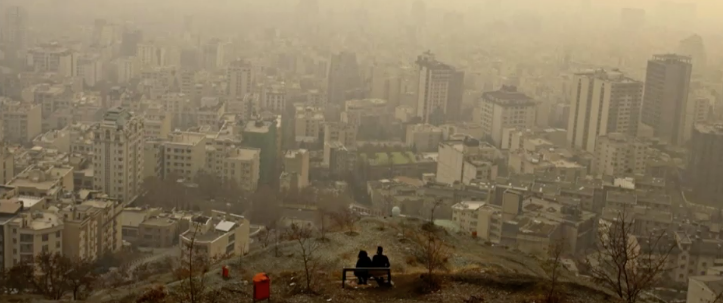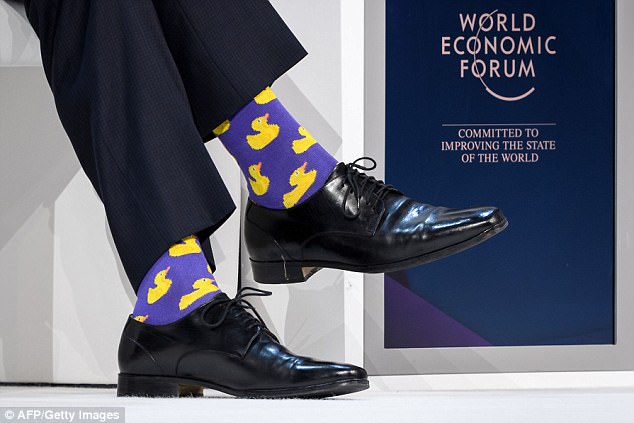Leadership & Team Development, Video
Nº 164
The Gift and Power of Emotional Courage
Almost two years ago now, I read two books that changed my life for ever. So far, I have only talked about one from Dr. James Doty.
The second book (and I have been waiting on purpose to announce) is called Emotional Agility by Susan David of Harvard Medical School. In her book, Dr. David so eloquently reveals the unspoken about the power of our emotions and profoundly describes how by turning inwards and through deeper understanding of all our being, we can gain strength to become a better version of ourselves.
When one reflects on what’s lacking in our leadership profiles today and causing further suffering in our workplaces, it is hard to miss emotional agility as a key matter!
How many times have we come across leaders who say one thing and do another? How many times have we seen colleagues become a different version of themselves when they are promoted? How many times have we seen friends, loved ones hit the wall due to stress while trying to manage it all?
I remember not too long ago flying my self to my mom for a weekend because of deep exhaustion and telling her in tears “Everything I have worked for seems to have lost its meaning. I lost the meaning of ‘success’ “; which, in return she replied to “It seems to me that you may rather have just found out about the true meaning of ‘success’.”
That IS the paradox itself.
In my 20 years in the field, I have never come across or consulted with a single leader, who is not well-intended. I also have not come across a single colleague, who doesn’t want to do well in their jobs. I don’t have an acquaintance, a friend or a family member, who doesn’t try to cope. We all want to do our best, but that doesn’t mean we always know how… Intention can be separate from the outcome.
Majority of us don’t know what it means to be connected to self or how to relate to others. We don’t comprehend our nature as human beings. We don’t understand our roles, nor we are taught how to lead in an authentic, compassionate and unifying fashion… Not to mention in our consumption centric cultures, we are often credited for ‘making by’; for managing through and/or for pulling off despite the odds. And it is NOT sustainable.
Let me give you a personal secret: I am not as put together as I used to be as a corporate executive 3 years ago. I forget things more often now; I am slower, more thoughtful in my responses and I ask for help more. It is an uncomfortable feeling for me because I always used to be on ‘top’. I liked being the highest performer and being respected for that. Of course, I did, it fed my ego. But, what I couldn’t admit to anyone was that I didn’t like my life. I didn’t like how I ended up relating to others as a result of my way of being. I felt totally disconnected from my authentic self.
We are human beings. We are programmed and ever learning. Those of us in leading positions (i.e people managers) are human beings, too. Our organizations are actual living organisms and can only thrive as much as its constituents thrive. As long as we deny those facts, we are going to amplify our individual and collective suffering.
In this wonderful, short and emotional talk, Dr. Susan David shares how the way we deal with our emotions shapes everything that matters: our actions, careers, relationships, health and happiness. I am incredibly thankful for having leaders like her to speak to these important matters and bringing light onto our paths.
Remember we are the artists of our lives! Only by choice, we get involved in the creation of our bright (and shared) futures.





 Let’s hope it does. And for the record, I have a whole new level of admiration for Jack Ma, the CEO of Ali Baba. He was the star of this show for me; not the mention I am totally and 200% in with Trudeau on happy socks. I am a firm believer that the world needs more duckies – especially in our business environments.
Let’s hope it does. And for the record, I have a whole new level of admiration for Jack Ma, the CEO of Ali Baba. He was the star of this show for me; not the mention I am totally and 200% in with Trudeau on happy socks. I am a firm believer that the world needs more duckies – especially in our business environments. Not to mention Darwin, in his very own book (later published)
Not to mention Darwin, in his very own book (later published) 